
Top 10 Mistakes New RPG Players Make (And How to Avoid Them)

Updated on: 2025-12-18
Starting your journey in role-playing games is one of the most exciting steps you can take as a gamer. Whether you are joining your first Dungeons & Dragons campaign or exploring another tabletop RPG system, the thrill of storytelling, dice rolling, and teamwork is unmatched. However, many new players run into the same pitfalls early on. While these mistakes are natural, they can also make the learning curve steeper than it needs to be.
At Runic Dice, we want every player’s introduction to RPGs to be smooth, fun, and memorable. This guide highlights ten of the most common mistakes new RPG players make, along with tips for avoiding them. Whether you are building your first character or preparing for your first big dungeon crawl, these insights will help you get the most out of every session.
1. SKIPPING TUTORIALS AND RULEBOOKS
One of the most prevalent mistakes is neglecting the game's tutorials or bypassing the rulebooks. These resources are designed to introduce you to the game's mechanics, lore, and nuances. Bypassing them can lead to confusion and a steep learning curve.
How to Avoid:
- Engage with Tutorials: Dedicate time to complete in-game tutorials. They provide hands-on experience with the game's systems.
- Read the Rulebook: For tabletop RPGs, thoroughly reading the rulebook is essential. It offers comprehensive insights into gameplay mechanics and character creation.
2. OVERCOMPLICATING CHARACTER CREATION
New players often aspire to create complex characters with intricate backstories. While creativity is encouraged, starting with overly complicated characters can be overwhelming and may not align with the game's progression.
How to Avoid:
- Start Simple: Develop a character with a straightforward background and clear motivations. This approach allows for natural growth and development throughout the game.
- Align with Game Mechanics: Ensure your character's abilities and skills are compatible with the game's rules and the party's composition.
3. NEGLECTING TEAM DYNAMICS
RPGs, especially tabletop versions like Dungeons & Dragons (D&D), are collaborative. Focusing solely on your character without considering the party can lead to imbalances and reduced effectiveness in gameplay.
How to Avoid:
- Communicate with Your Party: Discuss character roles and abilities with fellow players to create a balanced and synergistic team.
- Be Flexible: Be willing to adjust your character's skills or role to complement the party's needs.
4. METAGAMING
Metagaming involves using knowledge gained outside of the game's narrative to influence in-game decisions. This practice can disrupt immersion and may be frowned upon by other players.
How to Avoid:
- Stay in Character: Make decisions based on your character's knowledge and experiences within the game world.
- Respect the Narrative: Allow the story to unfold naturally without letting external information dictate your actions.
5. POOR RESOURCE MANAGEMENT
In many RPGs, managing resources like health, magic points, and inventory items is crucial. New players might misuse or overlook these aspects, leading to challenging situations.
How to Avoid:
- Plan Ahead: Be mindful of your resource consumption and anticipate future needs, especially before significant encounters.
- Utilize Rest Periods: Take advantage of opportunities to rest and recover resources as provided by the game.
6. IGNORING SOCIAL INTERACTIONS
Role-playing games are as much about social interaction as they are about combat and quests. Overlooking interactions with non-player characters (NPCs) or fellow players can result in missed opportunities and a less rich experience.
How to Avoid:
- Engage with NPCs: Conversations with NPCs can reveal important information, unlock quests, and provide rewards.
- Collaborate with Players: Building relationships within your party enhances teamwork and enriches the storytelling experience.
7. OVER-RELIANCE ON DIGITAL TOOLS
While digital tools and apps can enhance gameplay, over-dependence on them may detract from the immersive experience and hinder learning the fundamental aspects of the game.
How to Avoid:
- Balance Tool Usage: Use digital aids to complement, not replace, traditional gameplay elements.
- Learn the Basics: Familiarize yourself with manual calculations and traditional methods to deepen your understanding of the game mechanics.
8. SETTING UNREALISTIC EXPECTATIONS
Entering the RPG world with expectations shaped by high-production streams or shows can lead to disappointment. Remember, these productions often involve experienced players and editing.
How to Avoid:
- Manage Expectations: Understand that every gaming group has its unique dynamics and that perfection isn't the goal—fun is.
- Focus on Enjoyment: Prioritize having a good time over trying to emulate professional gameplay.
9. LACK OF PREPARATION
Attending sessions unprepared can slow down gameplay and affect the overall experience for the group.
How to Avoid:
- Review Notes: Before sessions, review your character sheet, previous session notes, and any relevant materials.
- Plan Your Actions: Think ahead about your character's potential decisions and actions to keep the game flowing smoothly.
10. FEAR OF MAKING MISTAKES
Worrying excessively about making mistakes can hinder participation and enjoyment. Remember, RPGs are learning experiences, and mistakes can lead to memorable moments.
How to Avoid:
- Embrace Imperfection: Accept that errors are part of the learning process and can enhance the storytelling experience.
- Seek Feedback: Communicate with your group and game master to understand areas of improvement and grow as a player.
The Role of Dice in Avoiding These Mistakes
At the heart of every RPG session are the dice. New players often underestimate how much of the experience is shaped by rolling those polyhedral sets. DND dice sets are more than just tools; they are extensions of your character’s story. A natural 20 on a gemstone d20 feels unforgettable, while the tumble of a resin dice set across the table can build suspense for everyone.
For new players, owning a dedicated set of dice makes learning easier. Having your own polyhedral dice set means you can practice rolls between sessions, learn the probability of different outcomes, and gain confidence. At Runic Dice, we offer gemstone dice, resin dice, and metal dice that fit any style of play. Many players even choose dice that match their character’s theme, like amethyst gemstone dice for a sorcerer or obsidian resin dice for a rogue.
Final Thoughts
RPGs are about shared storytelling, adventure, and fun. Mistakes will happen, but most of them are easy to avoid once you know what to watch out for. By reading the rulebook, working with your party, managing resources, and embracing roleplay, you will grow quickly as a player.
Remember, the goal is not perfection—it is collaboration and creativity. With the right attitude and the right tools, like a set of premium DND dice sets, your early campaigns will be filled with exciting moments and memories that last for years.
So grab your dice, gather your friends, and step into your next adventure with confidence. The story is waiting, and now you are ready to play it well.



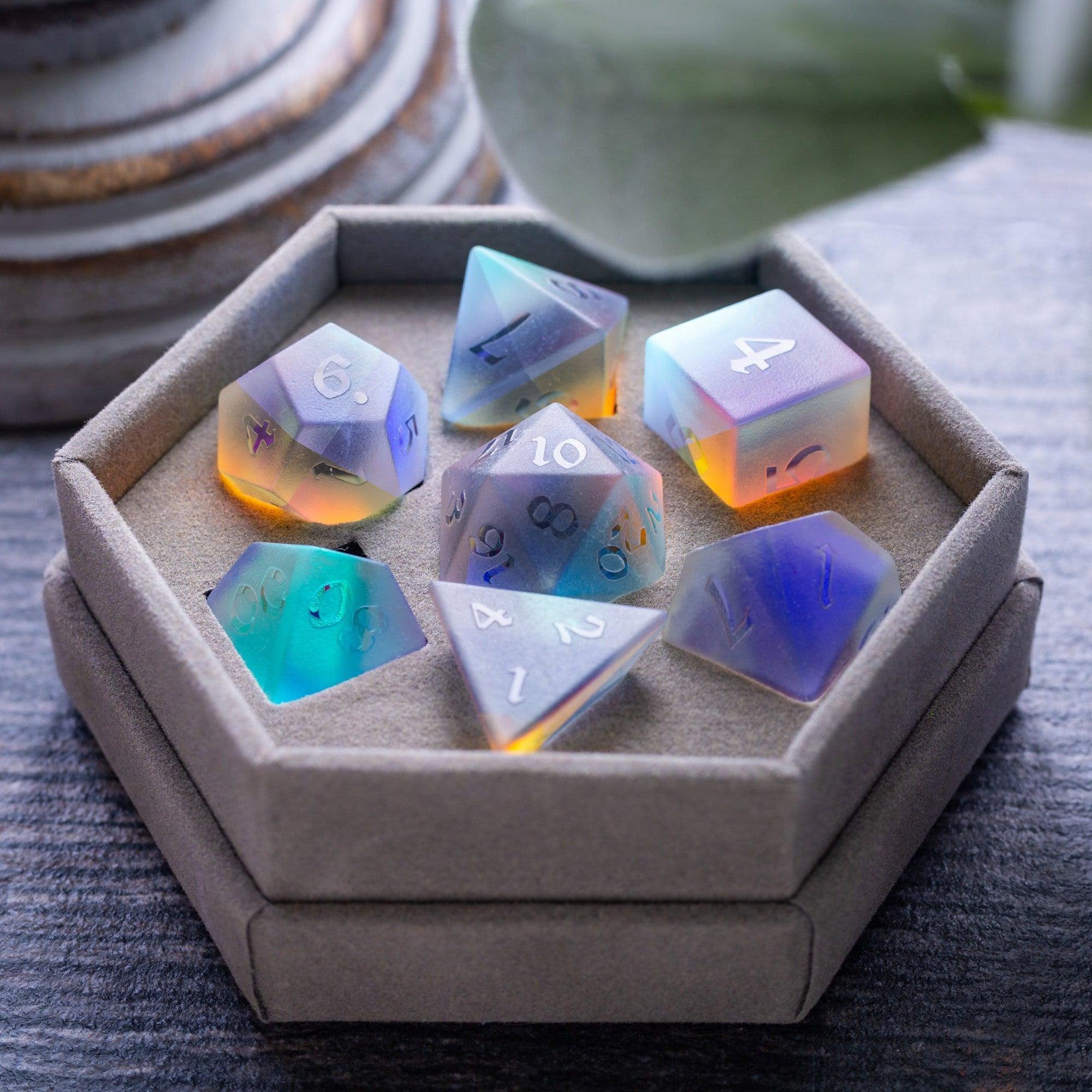
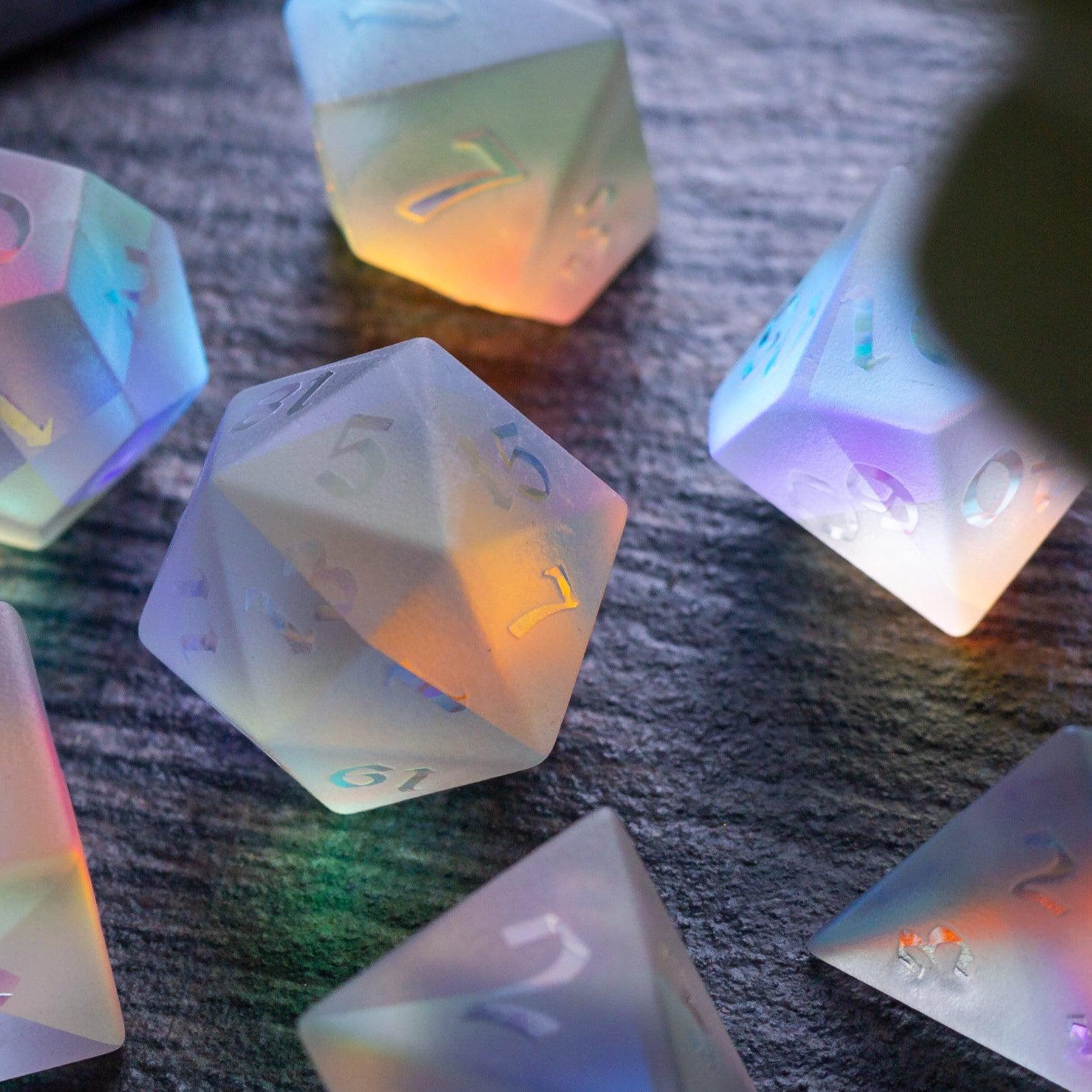
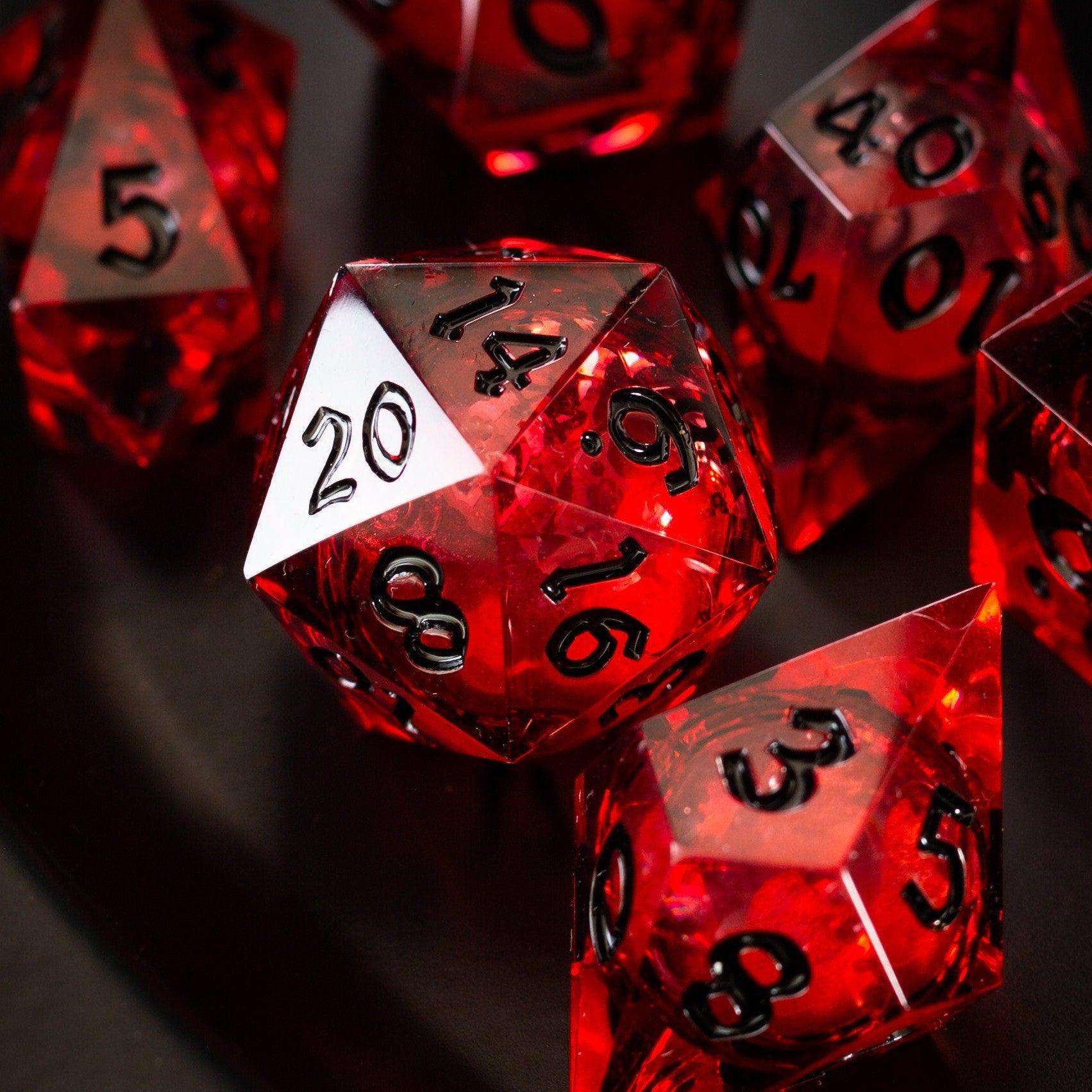
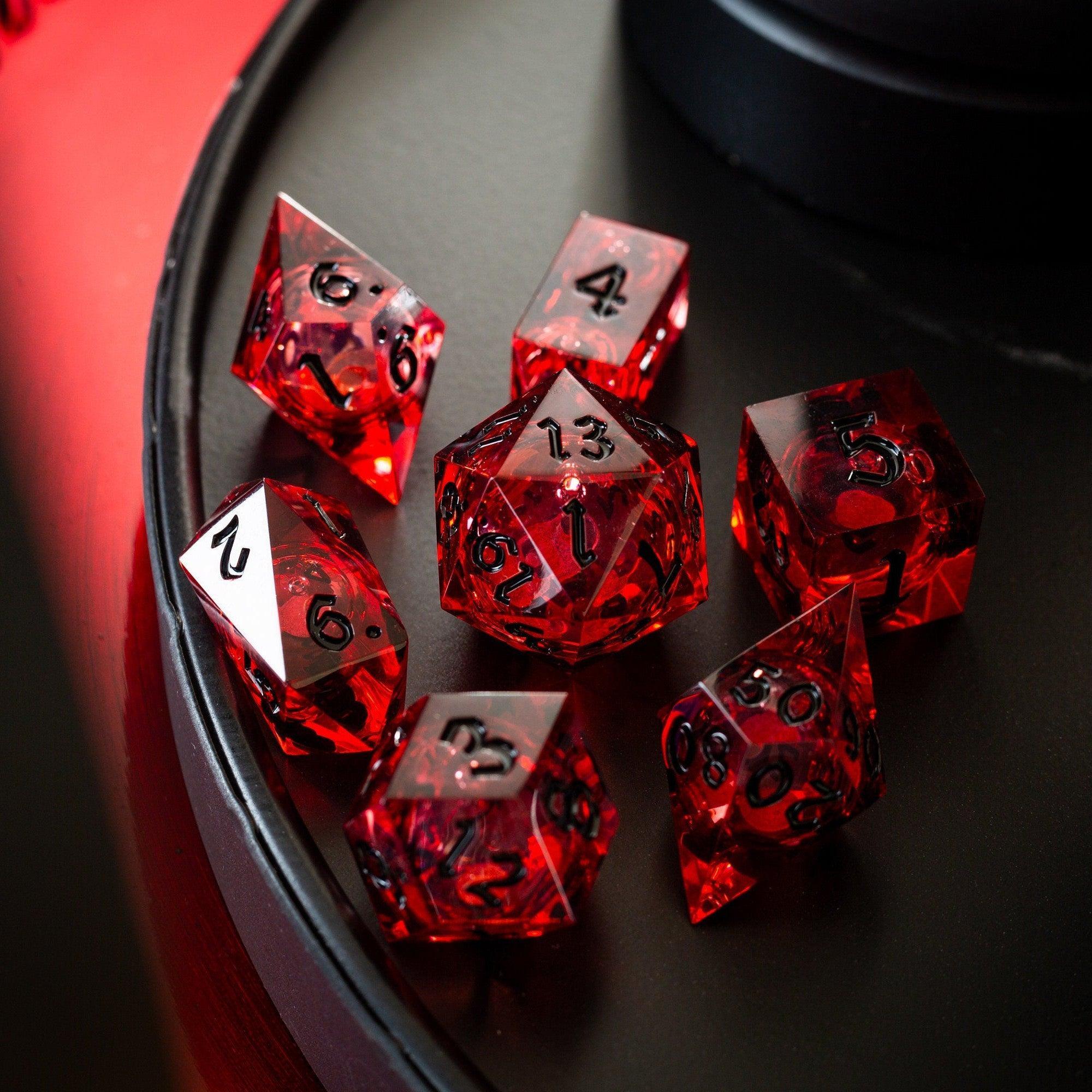
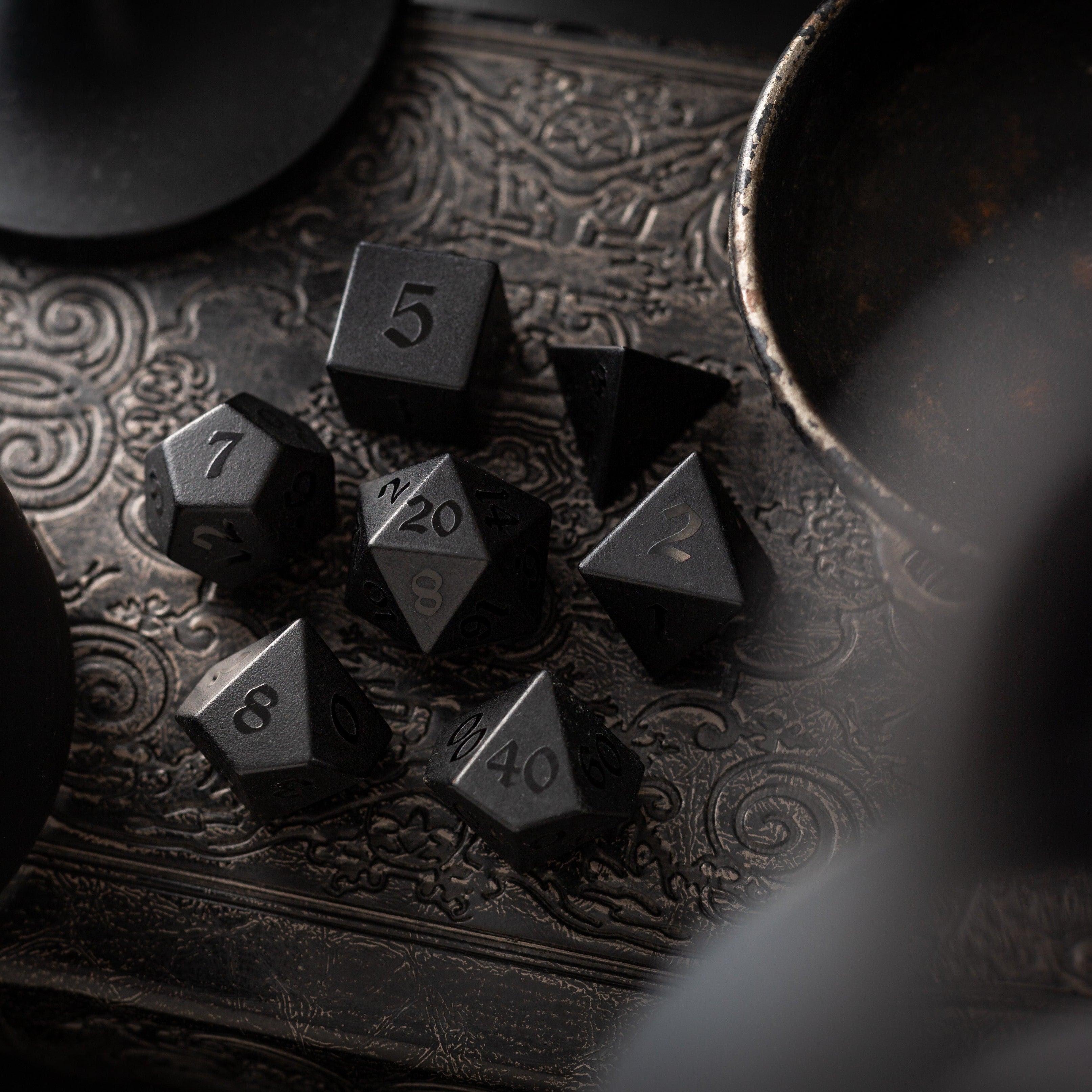
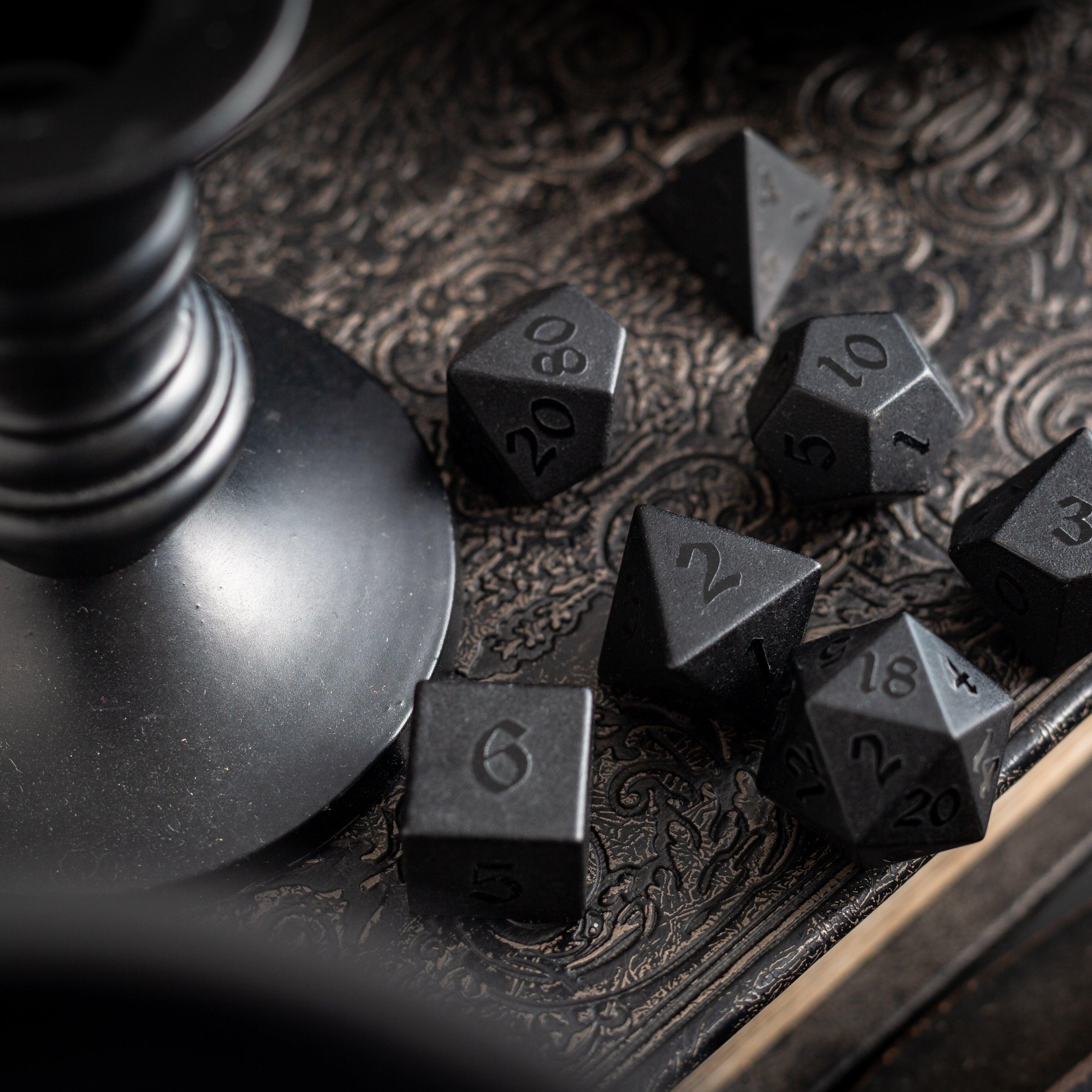
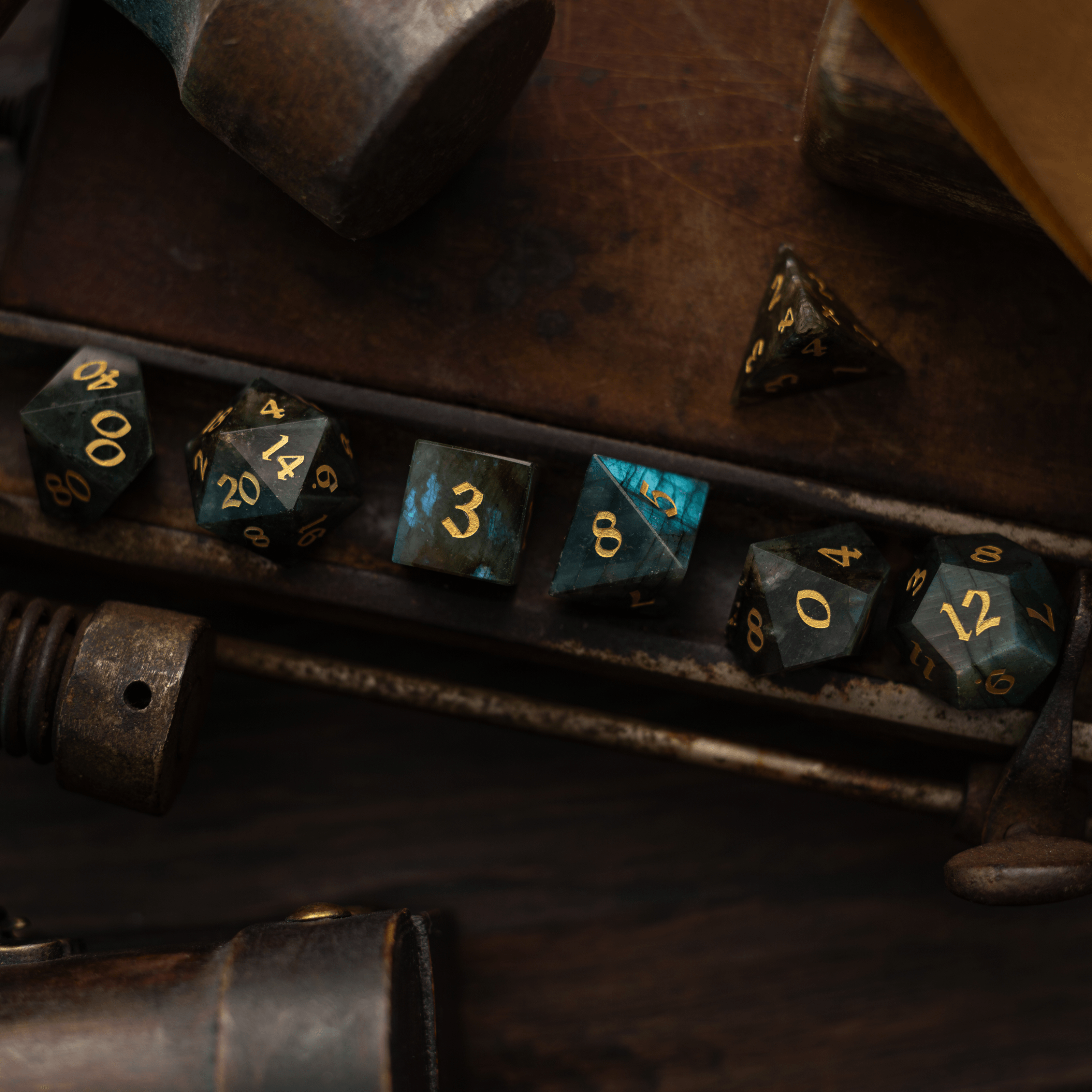
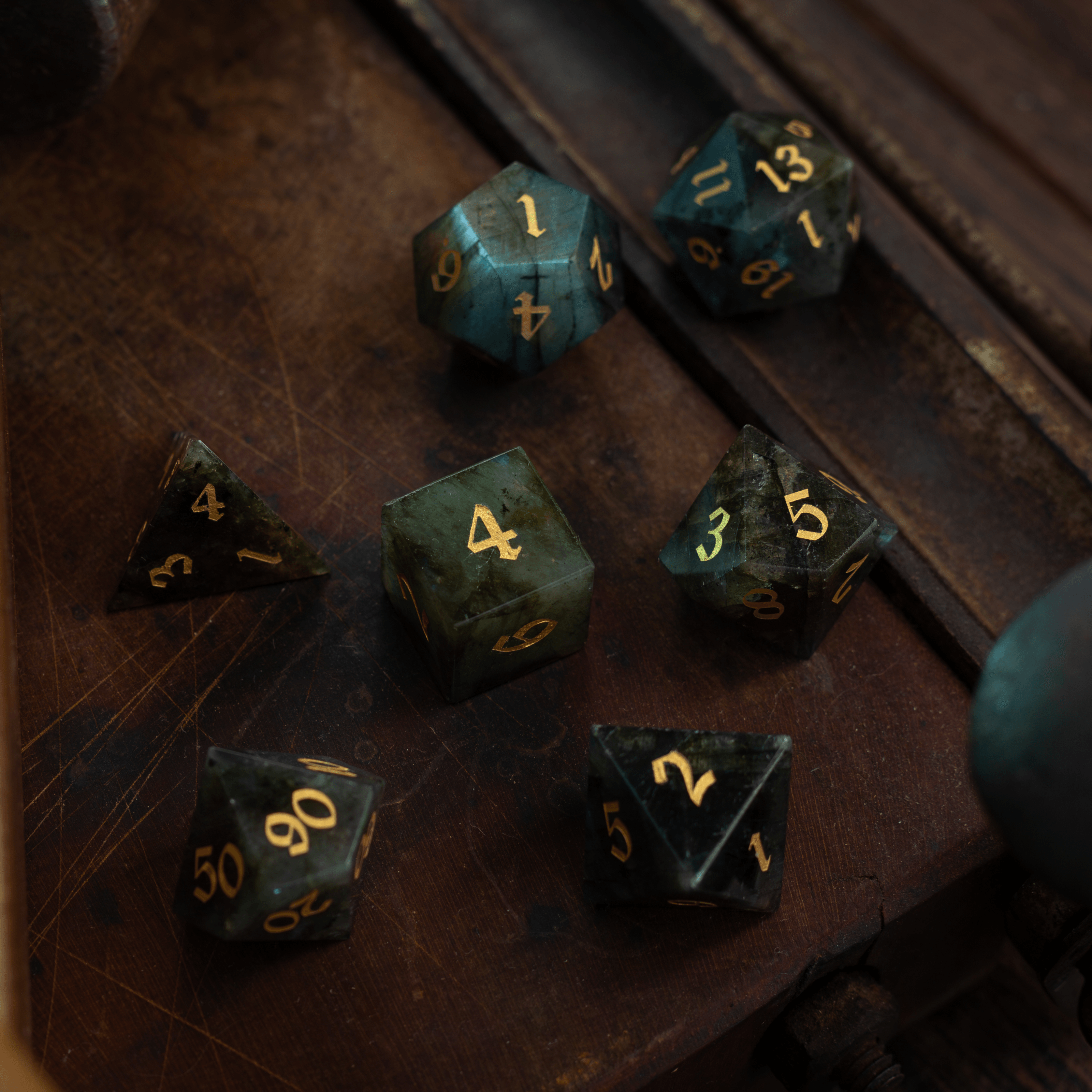
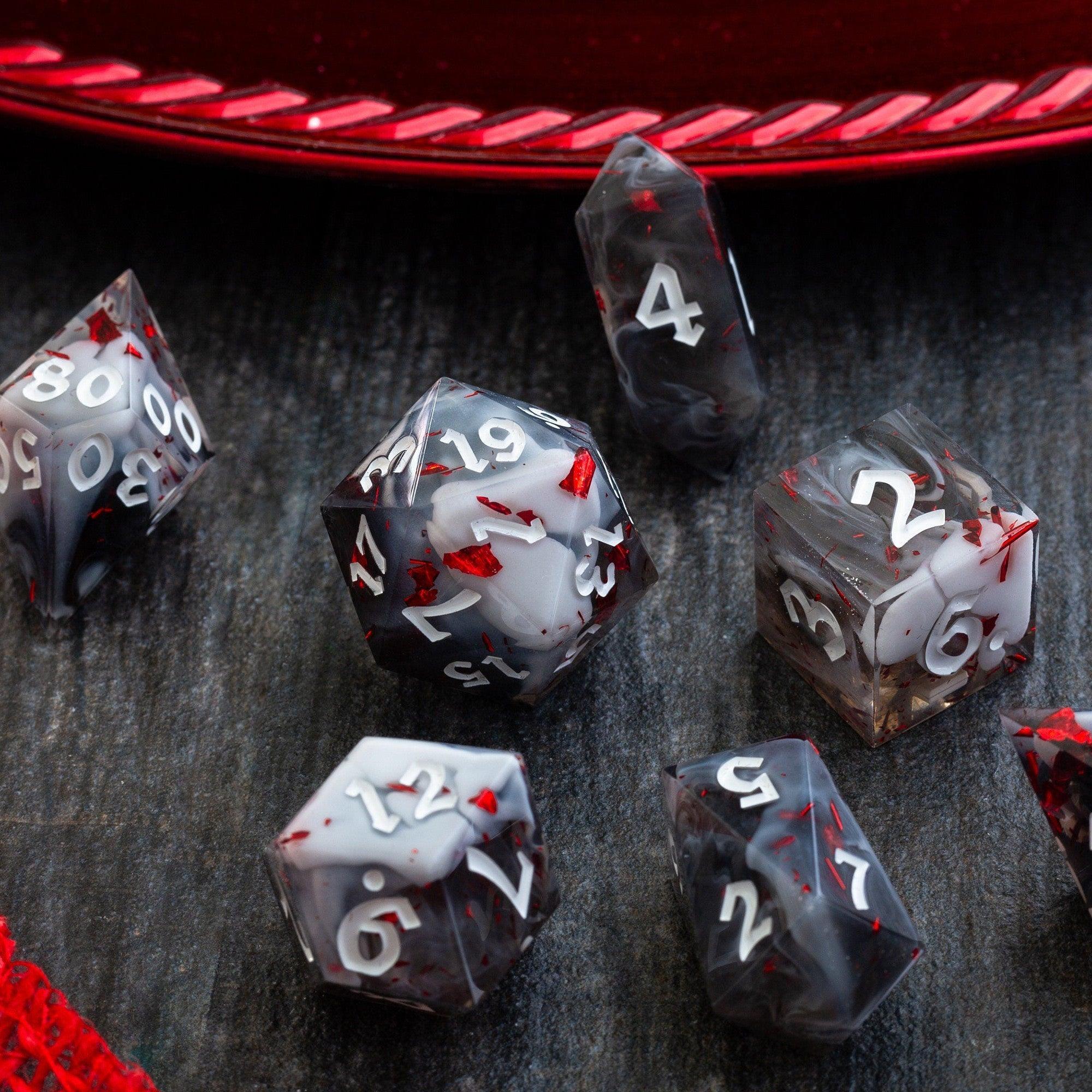
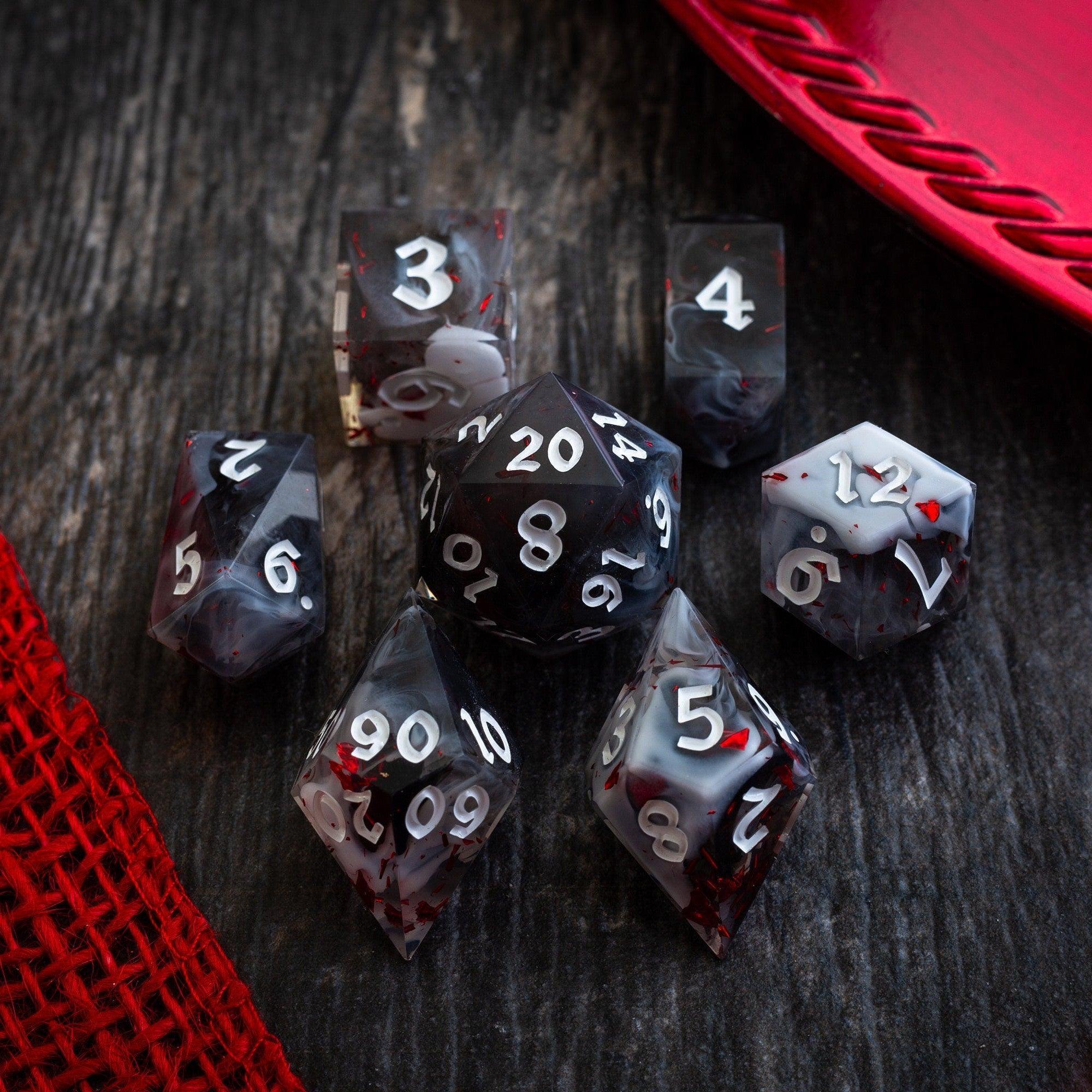
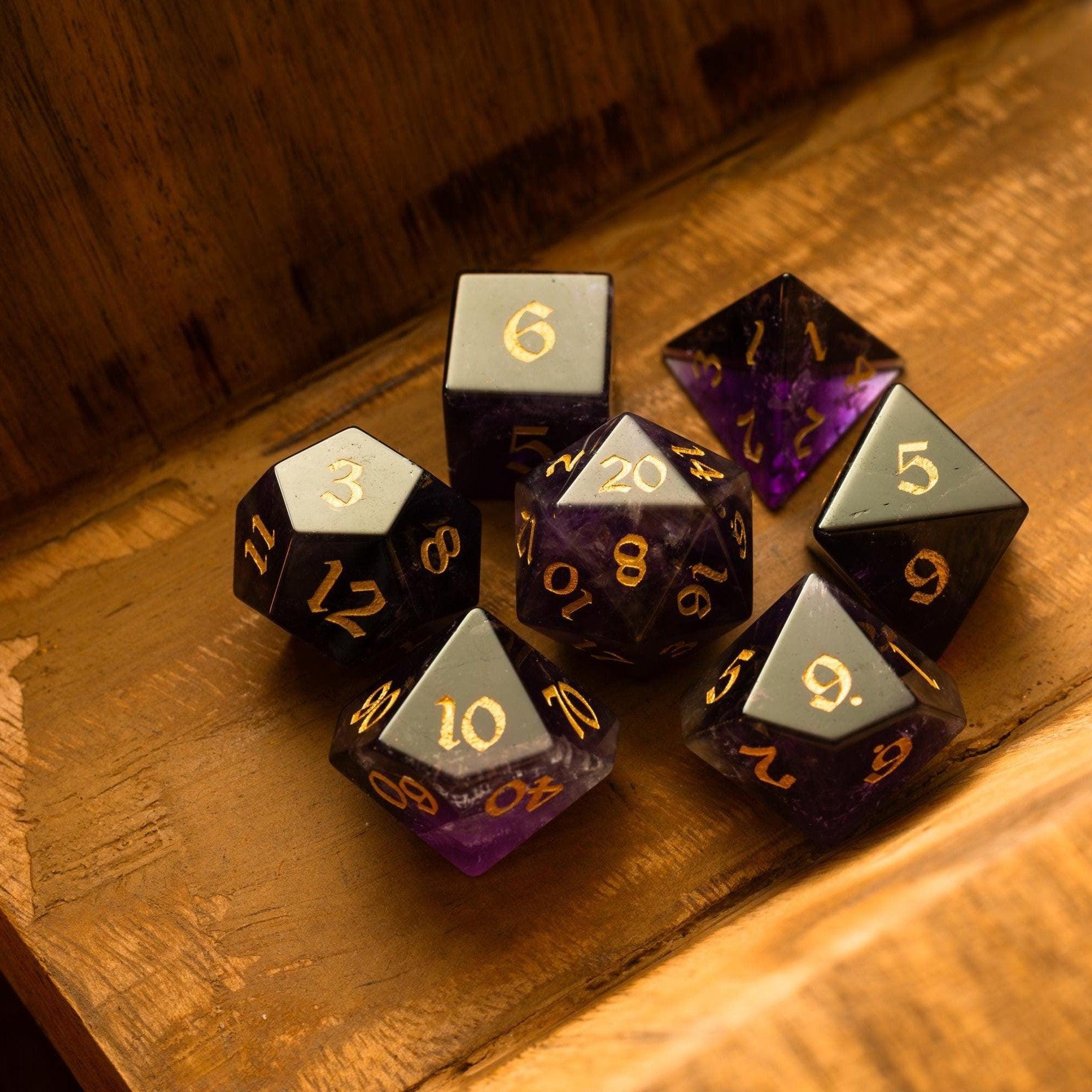
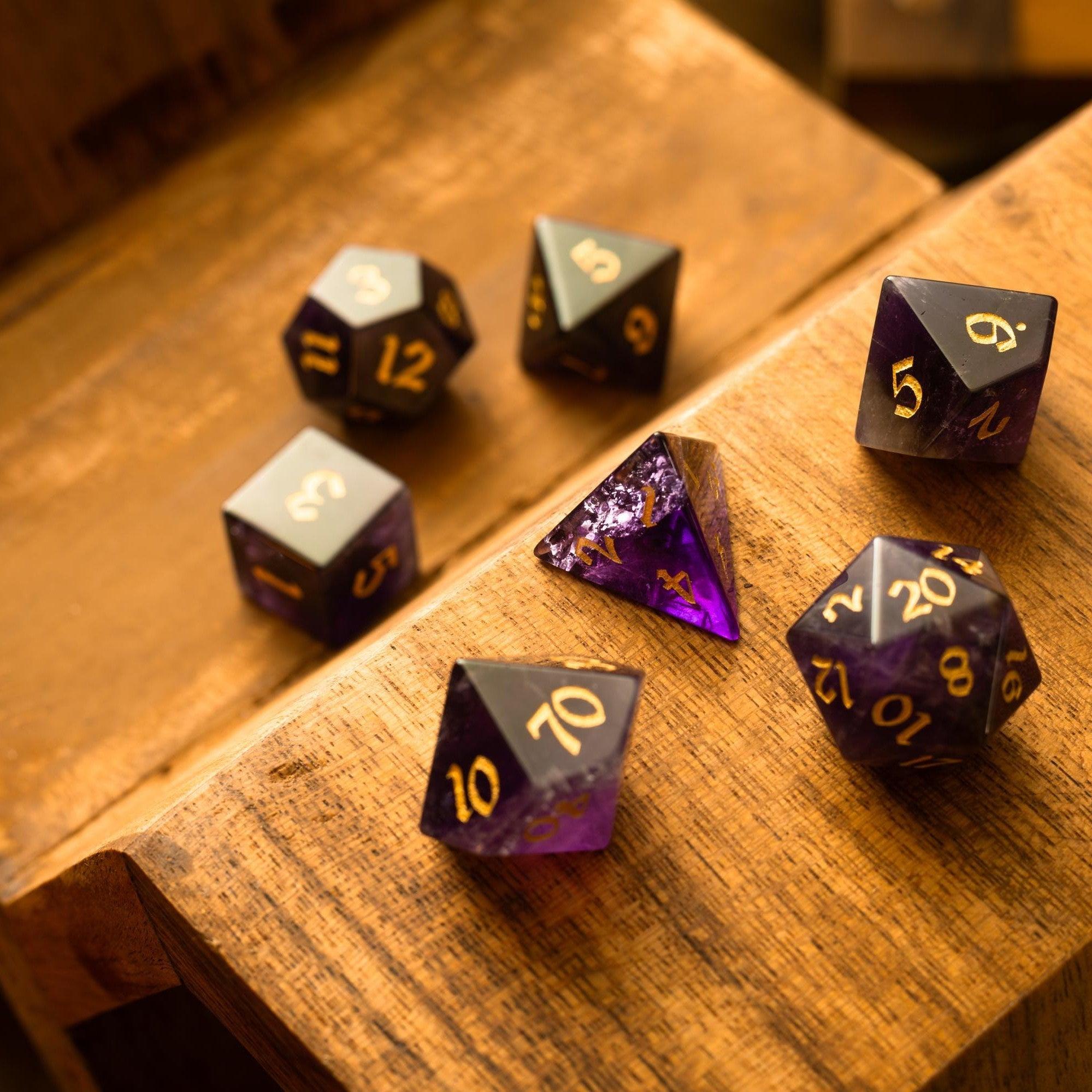
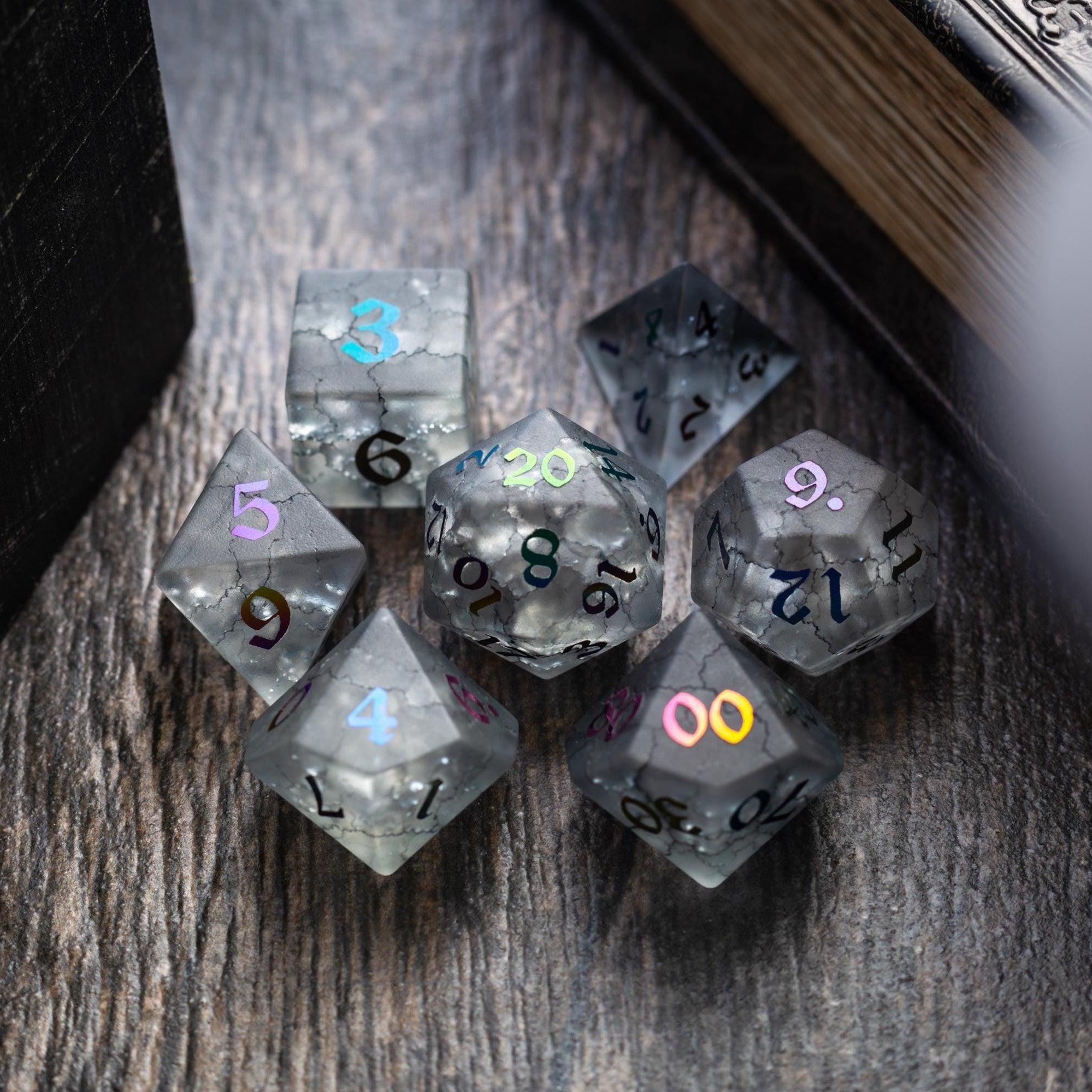
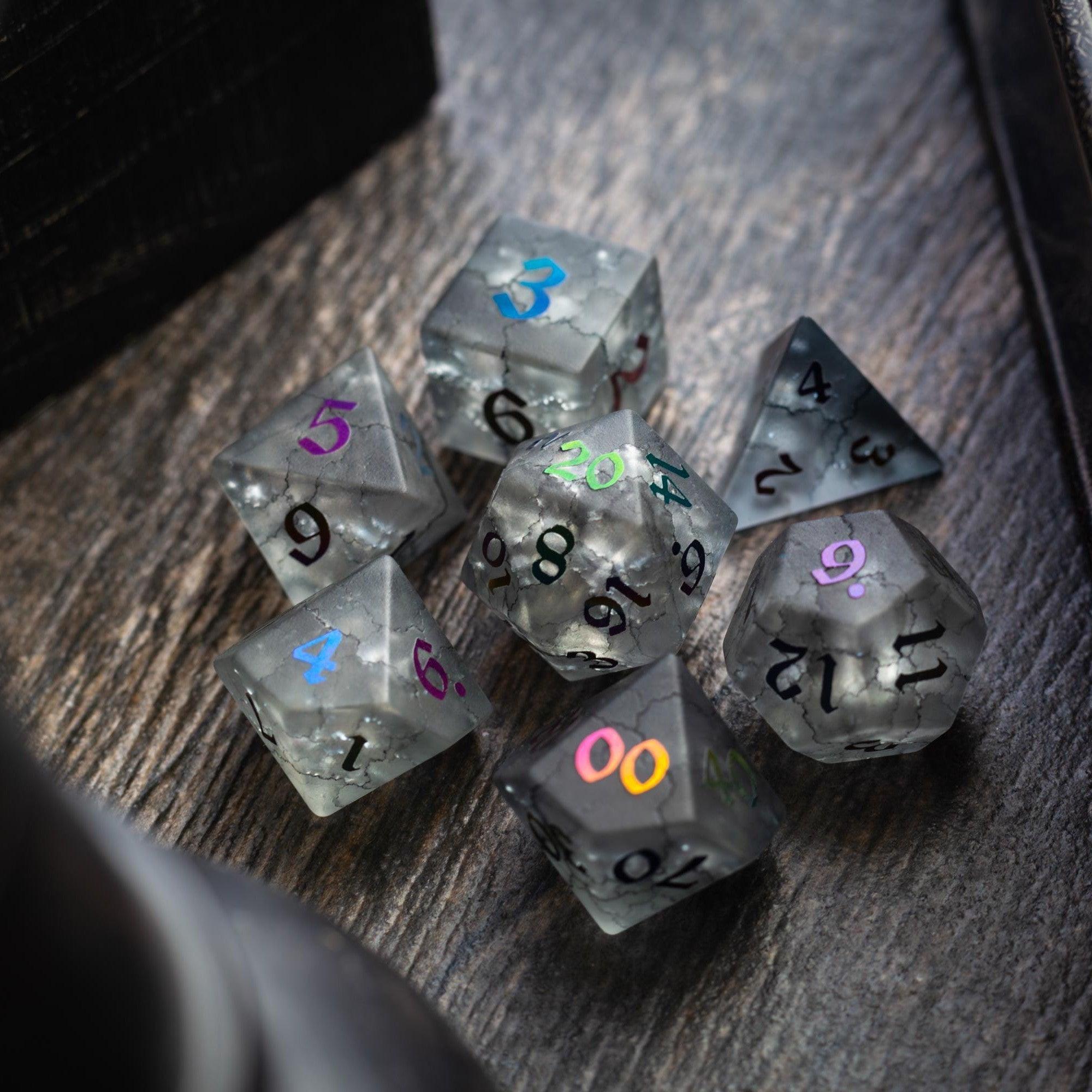
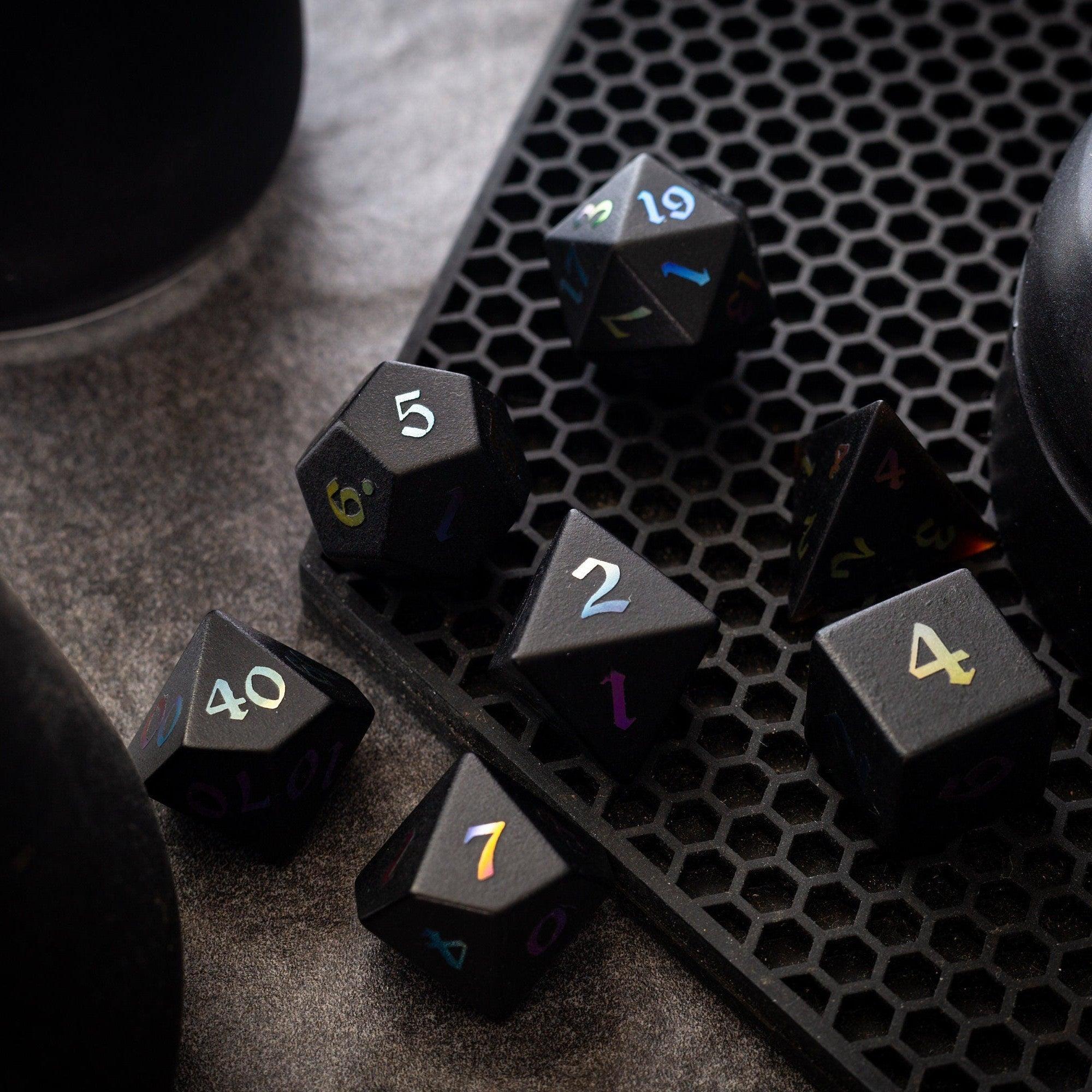
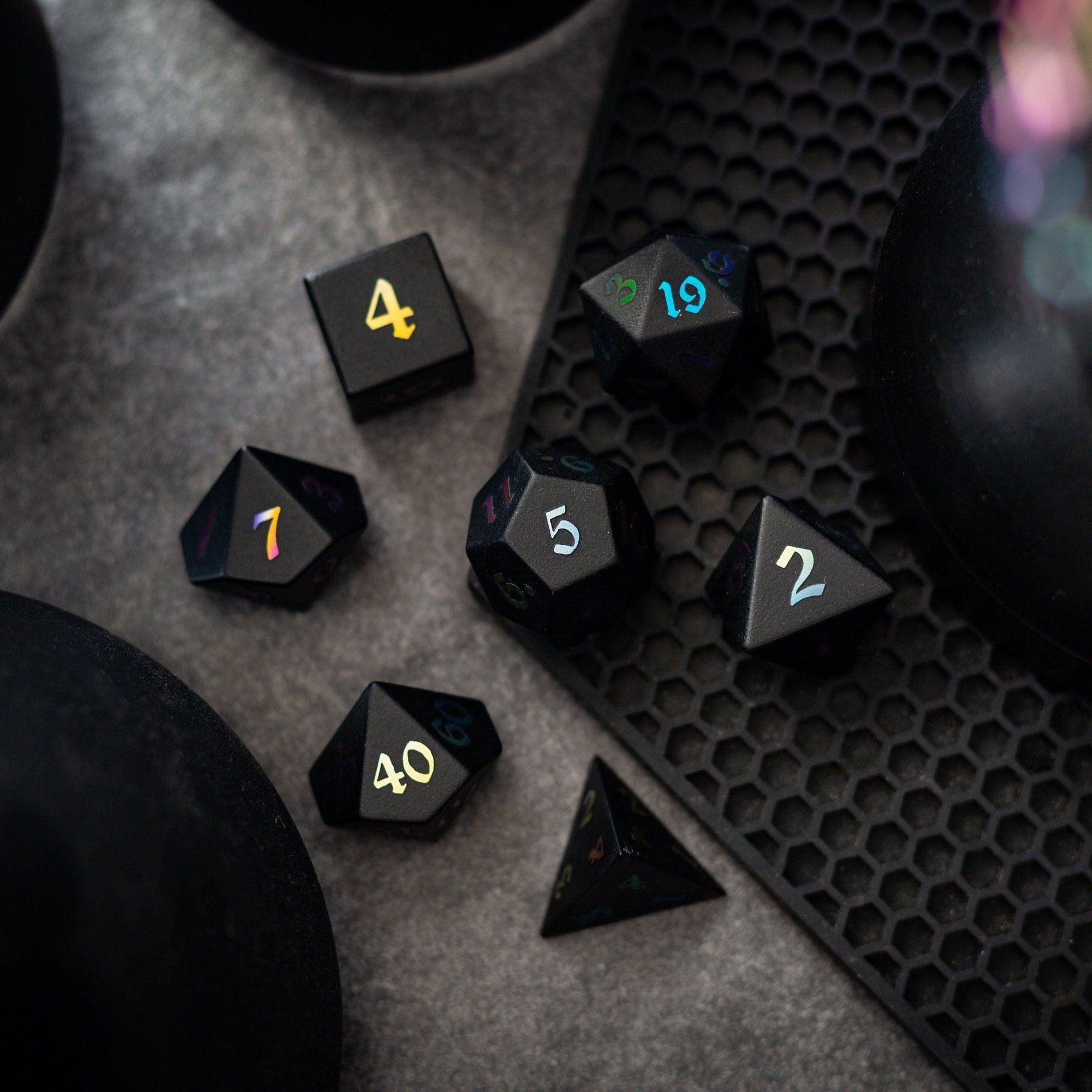
Leave a comment
This site is protected by hCaptcha and the hCaptcha Privacy Policy and Terms of Service apply.